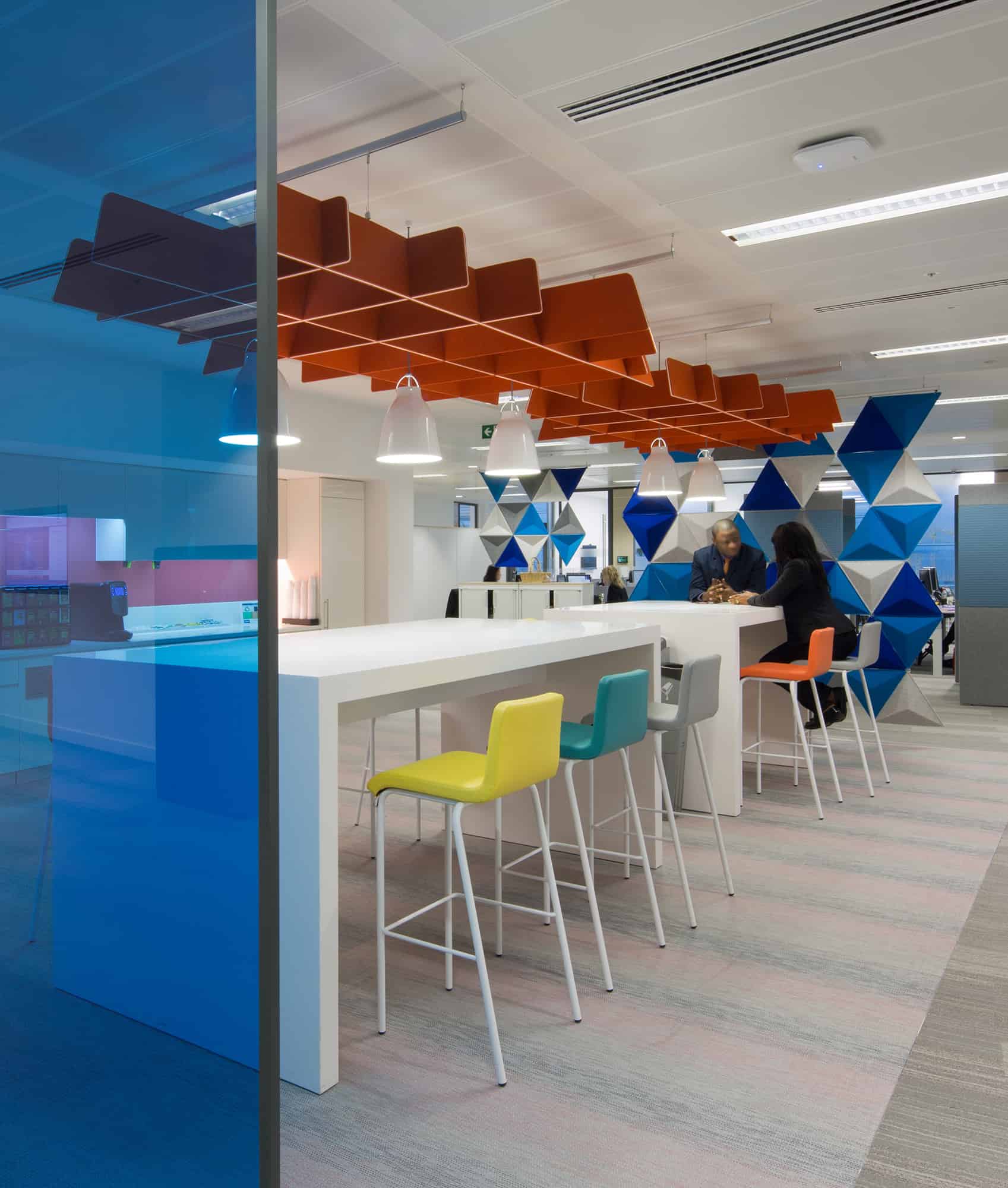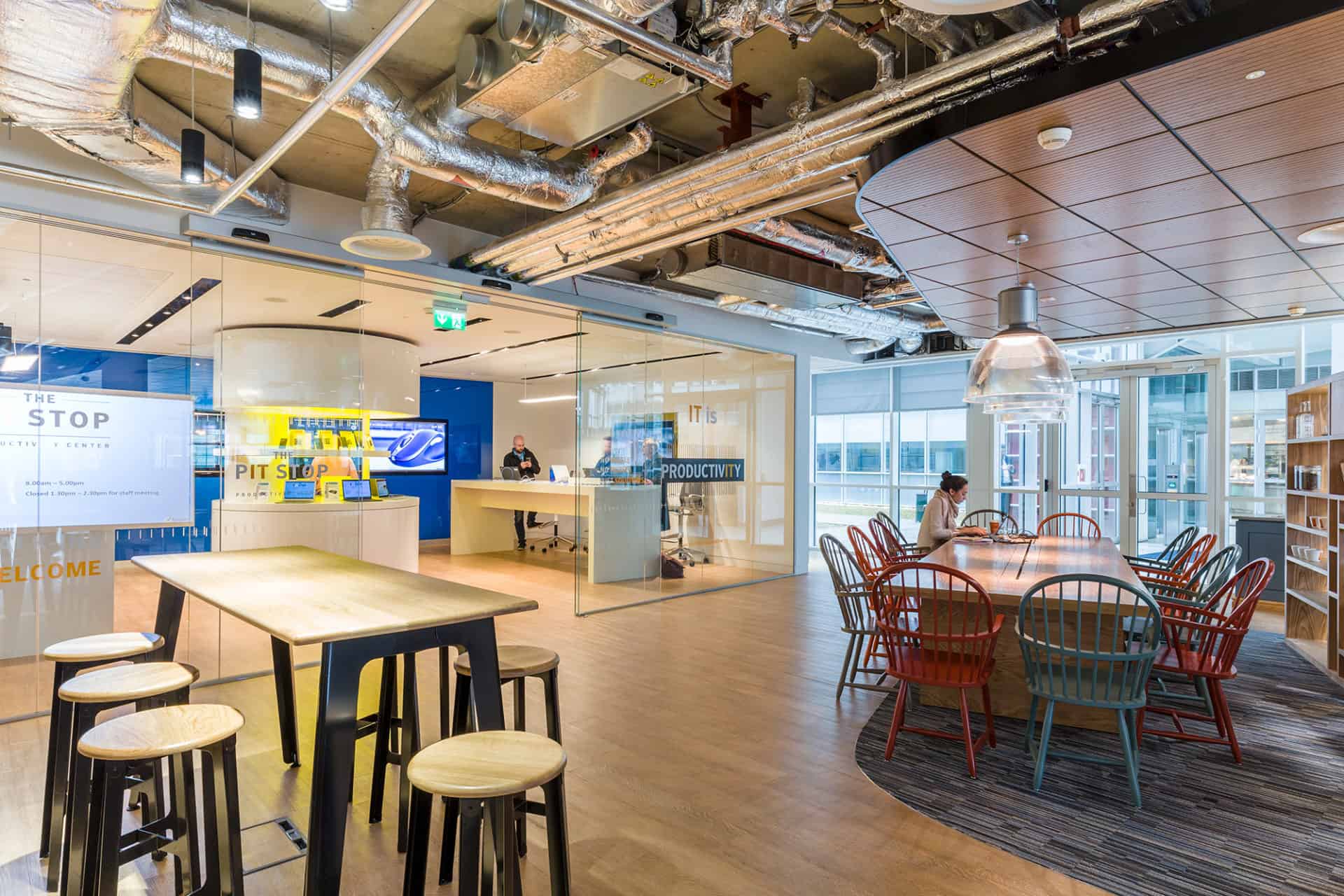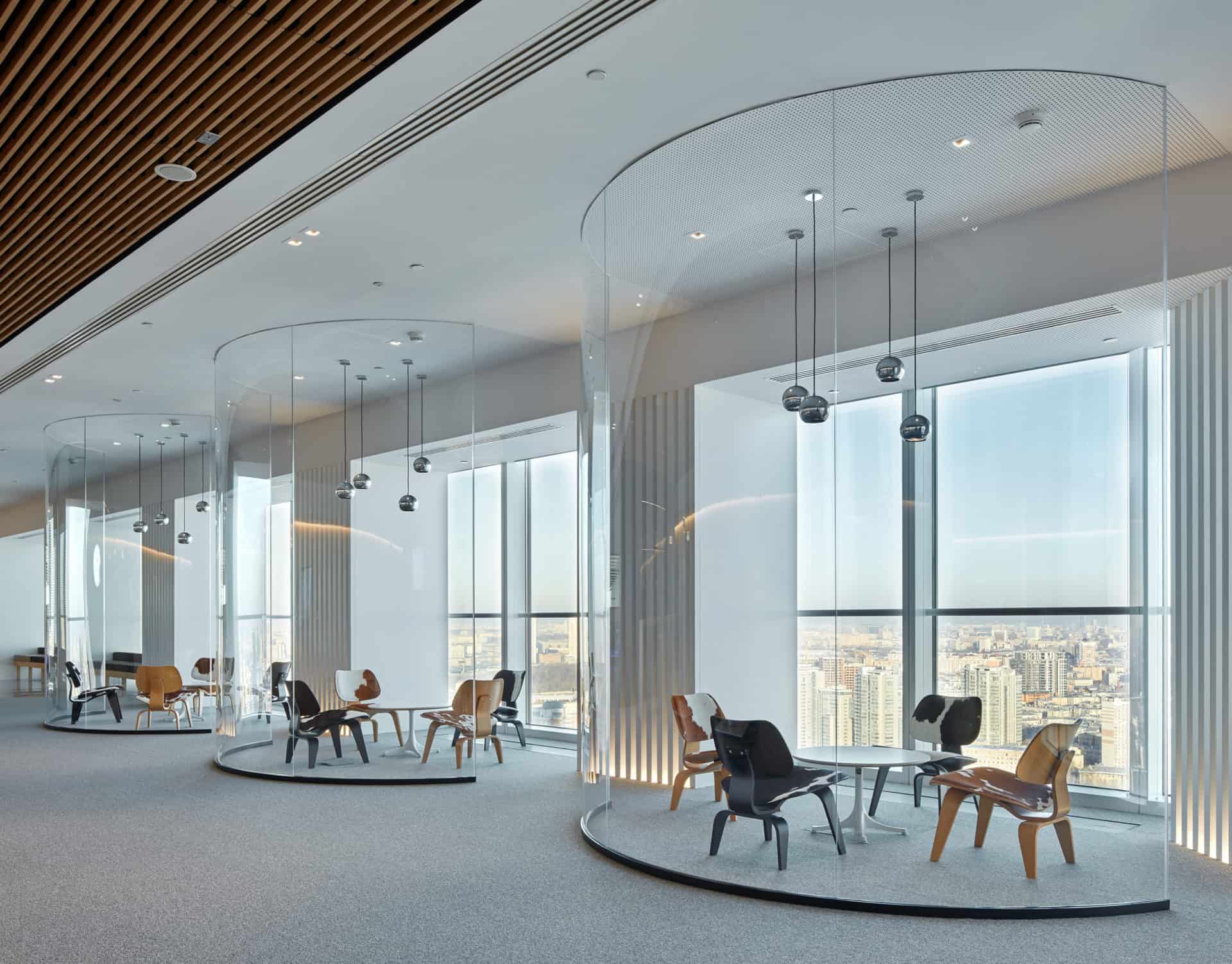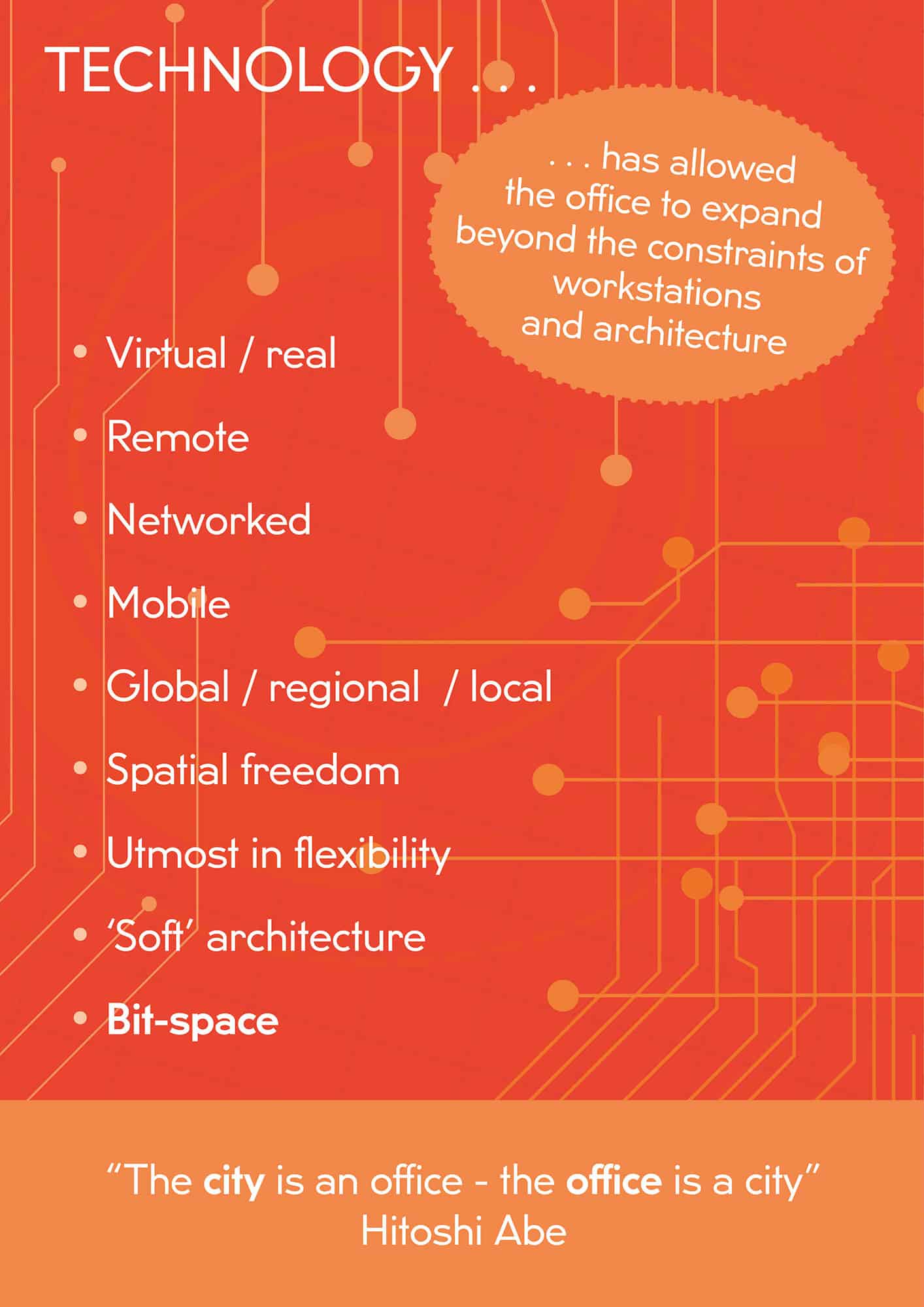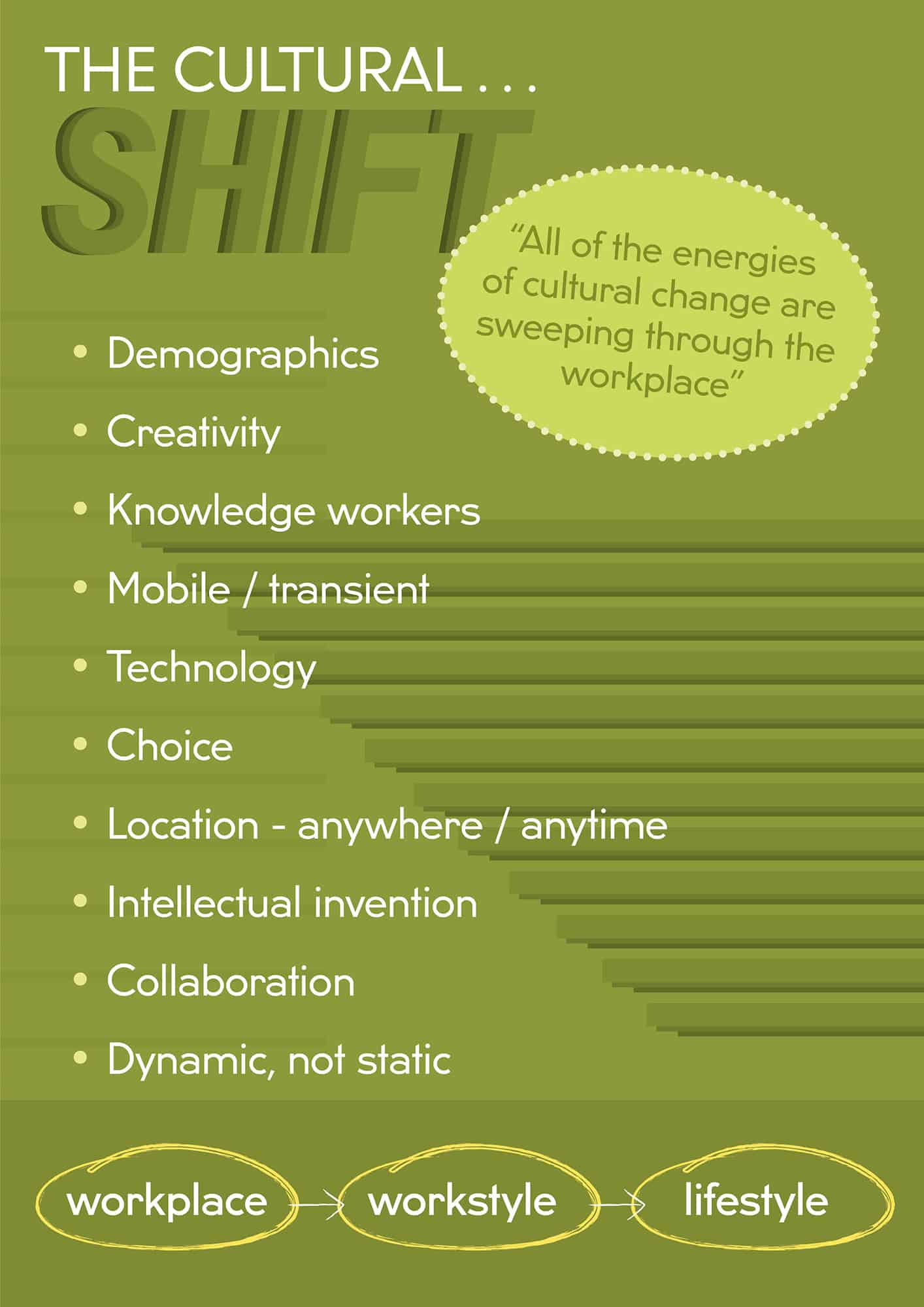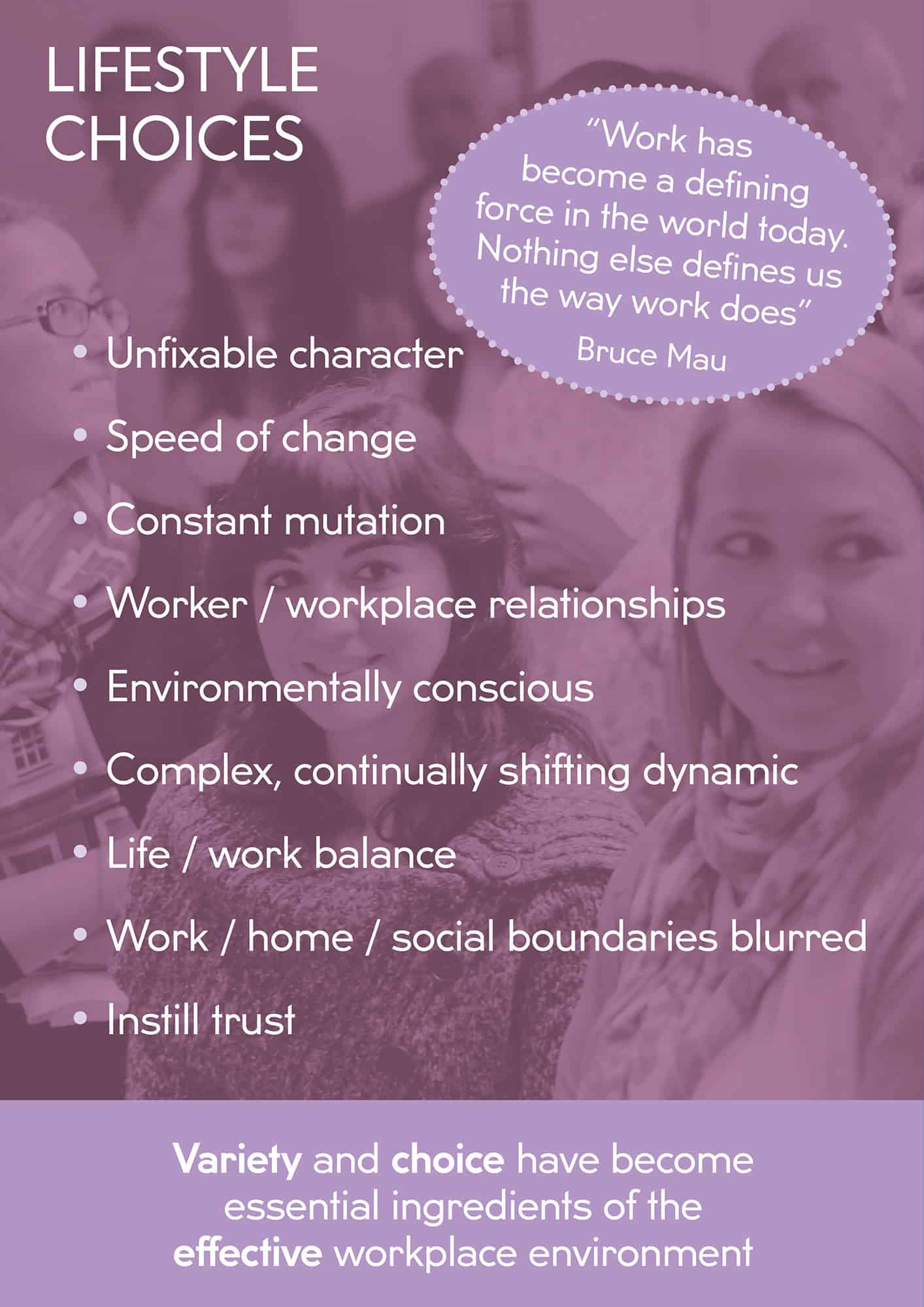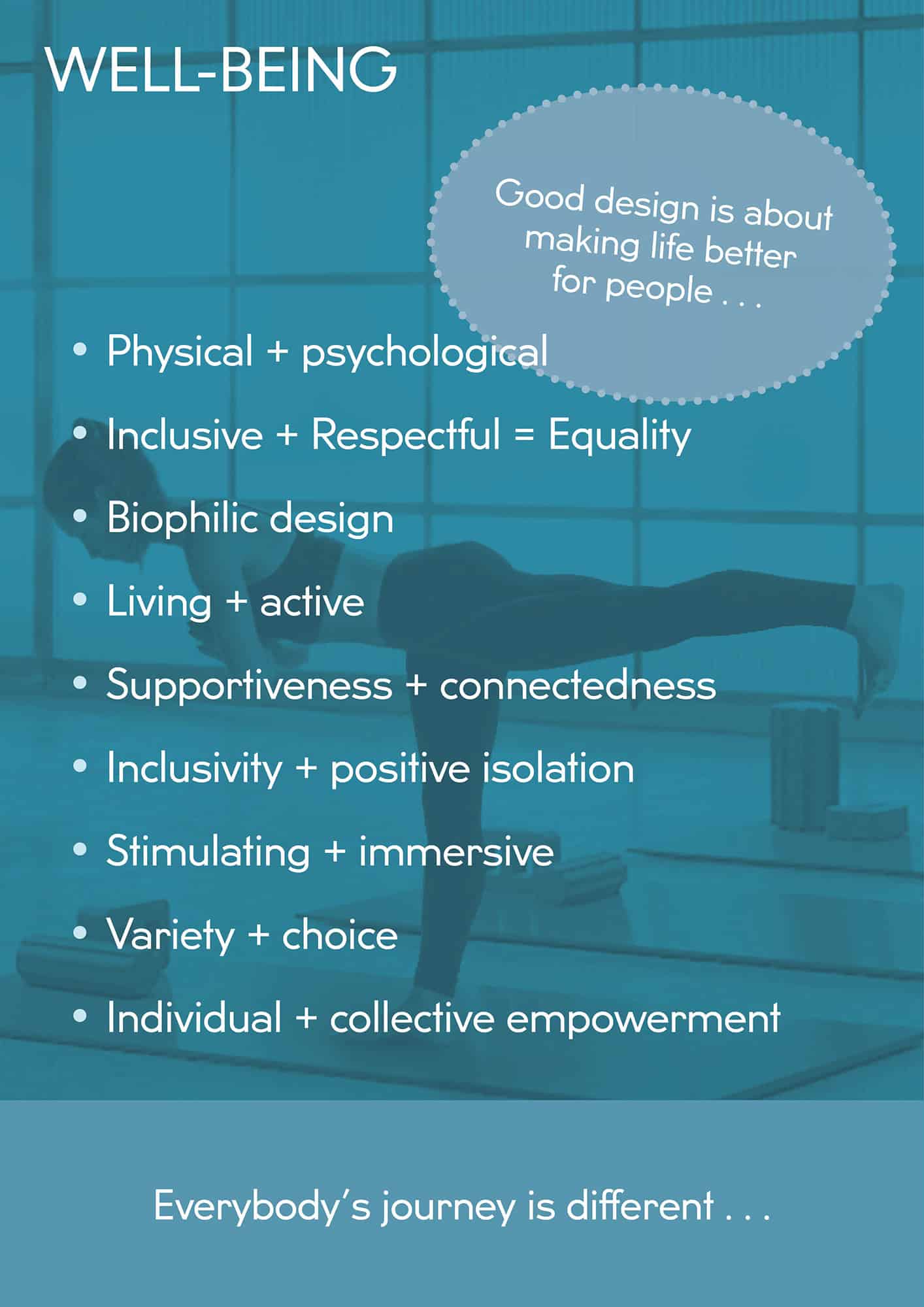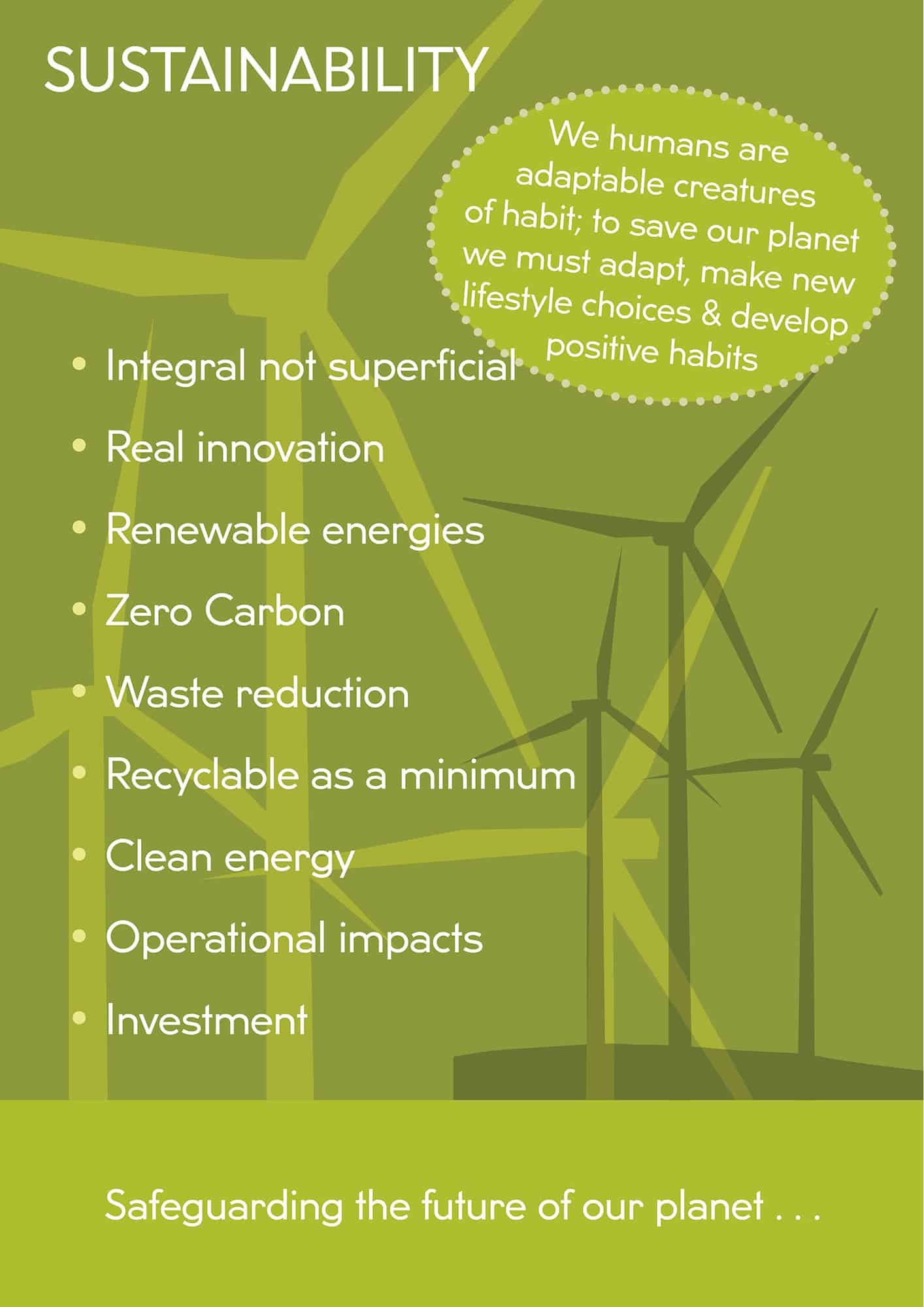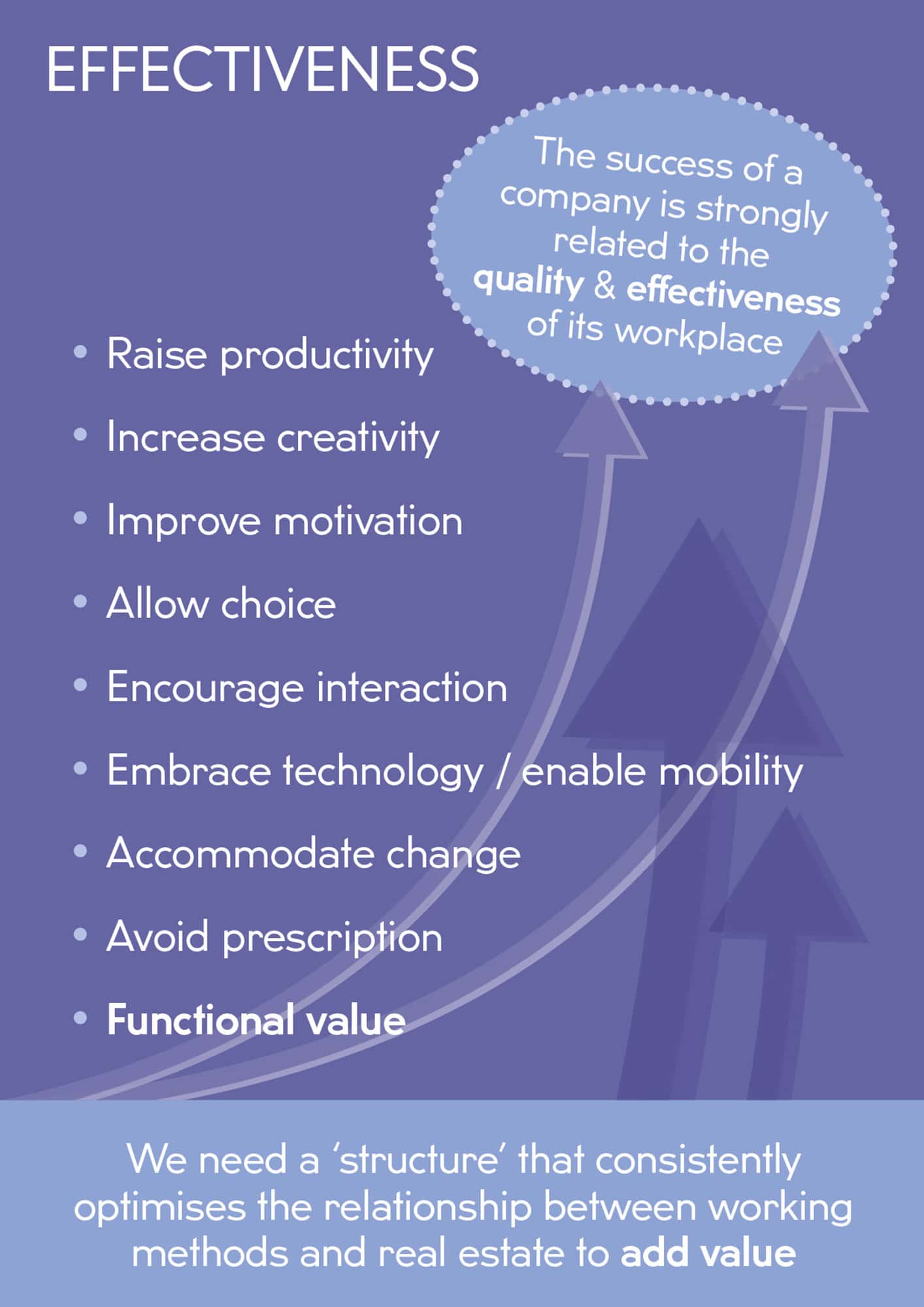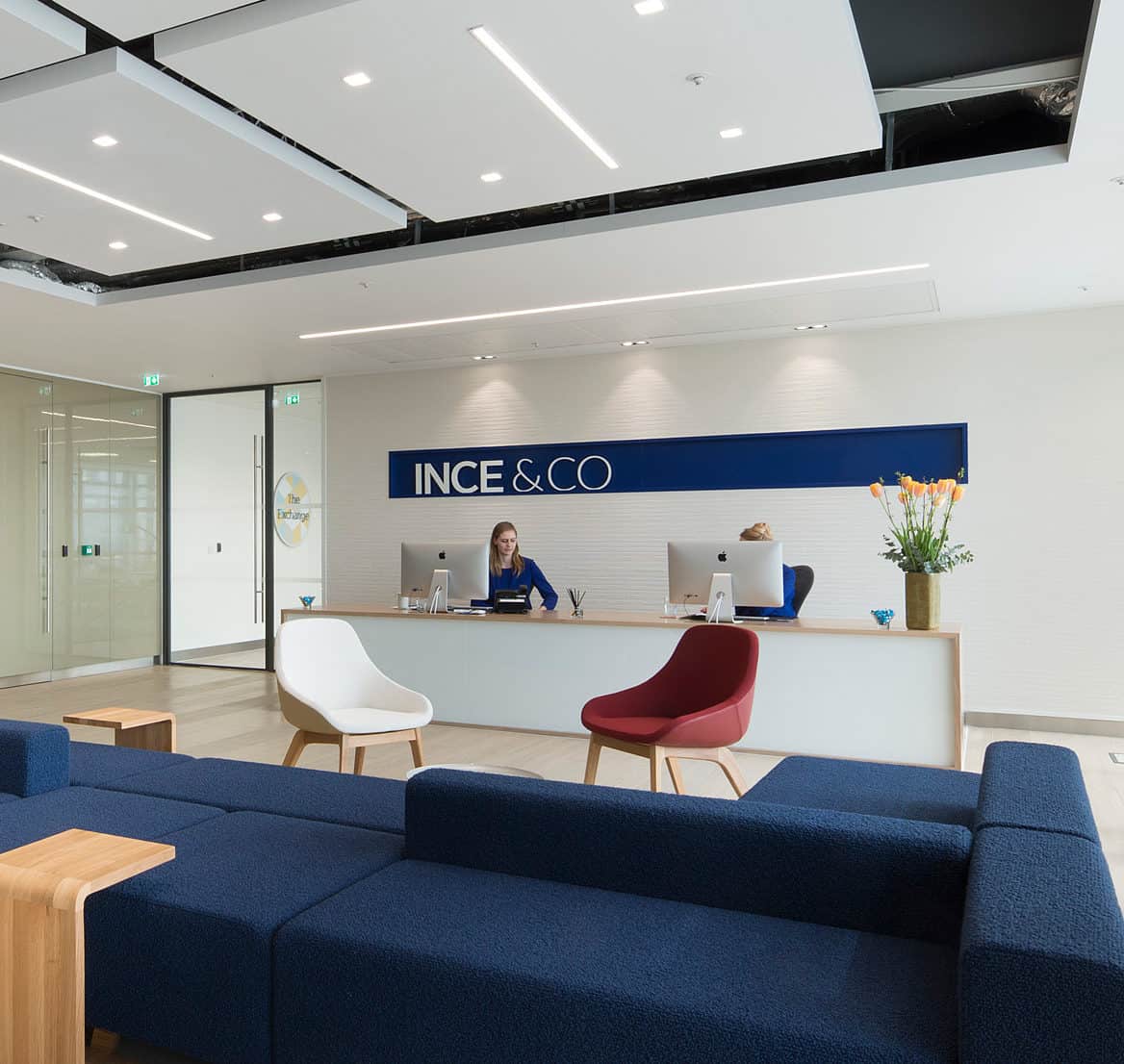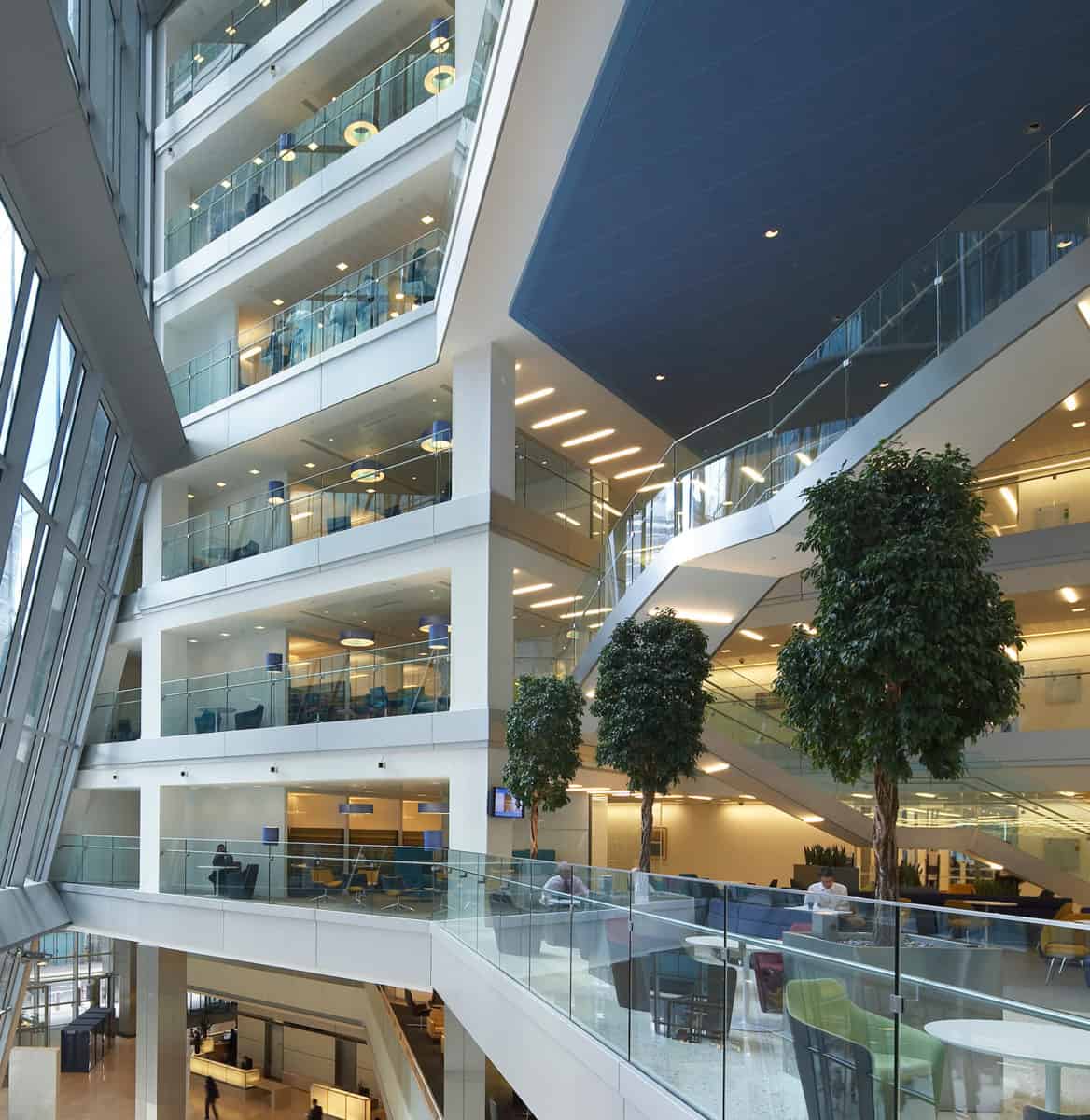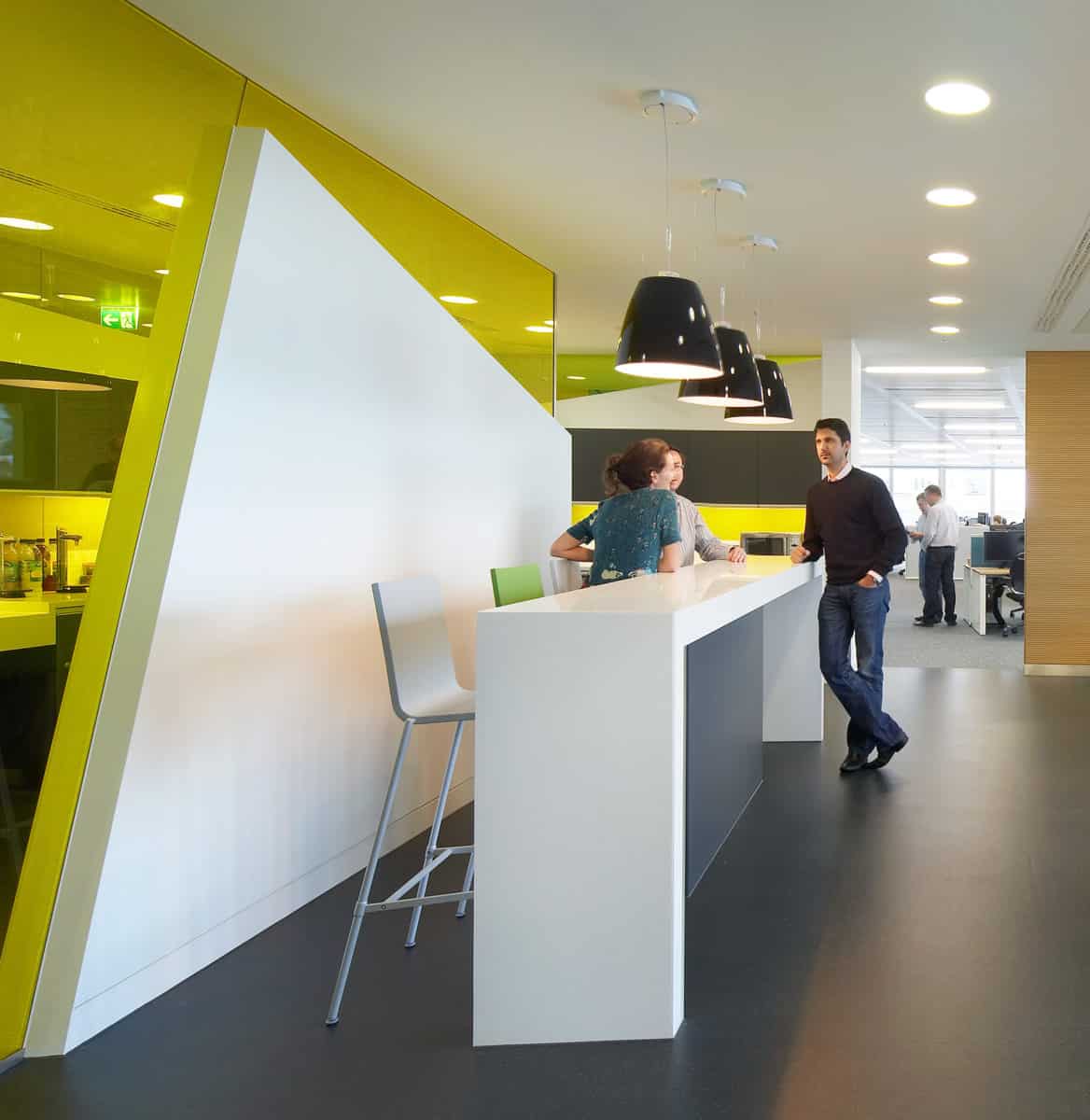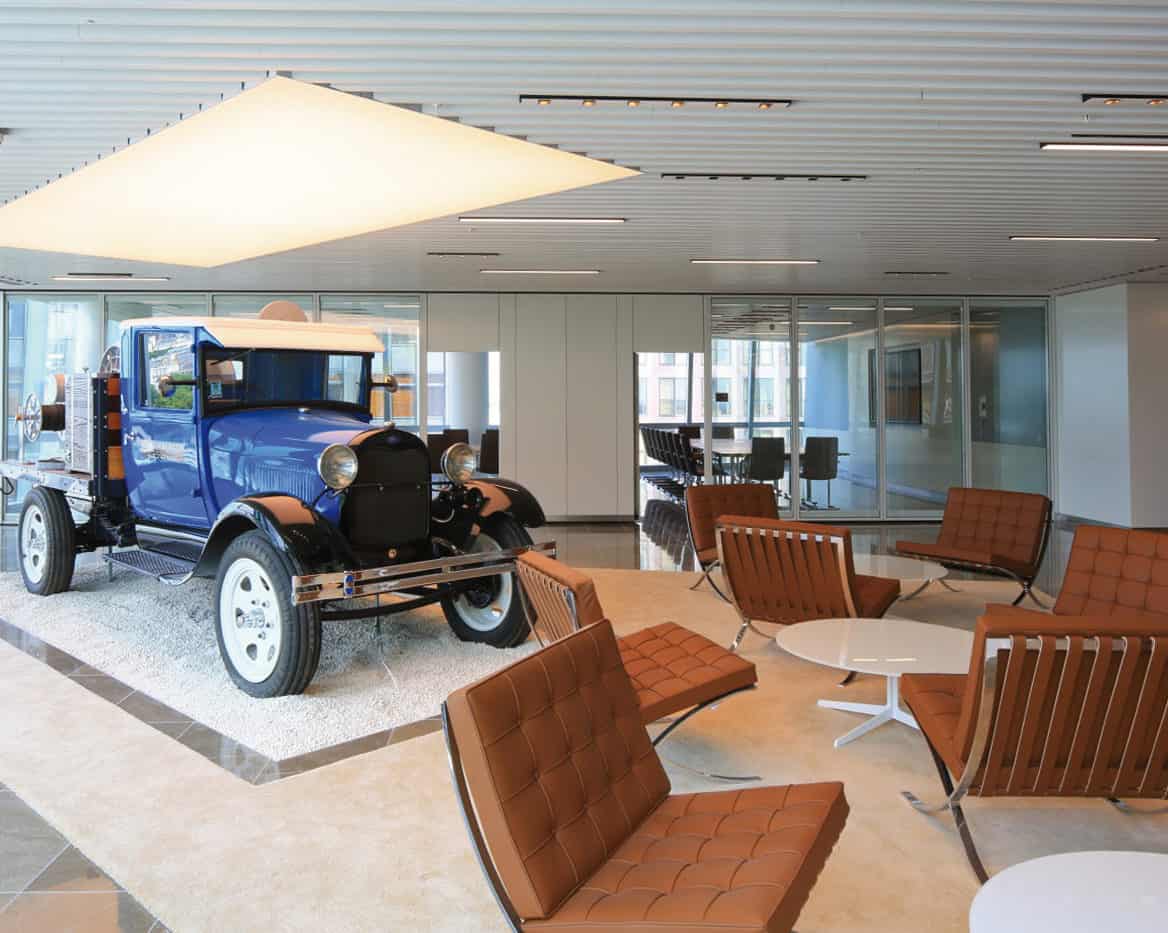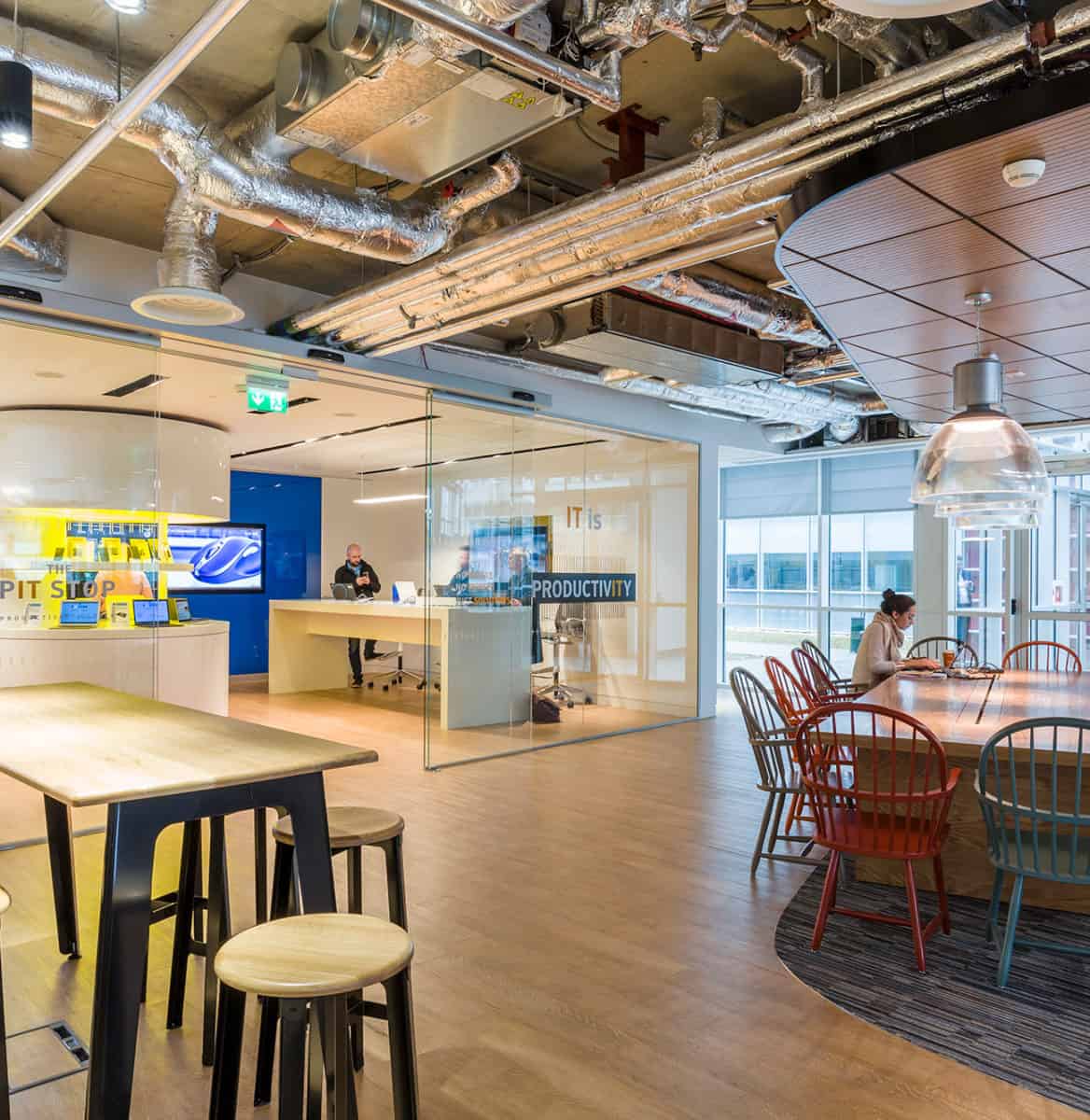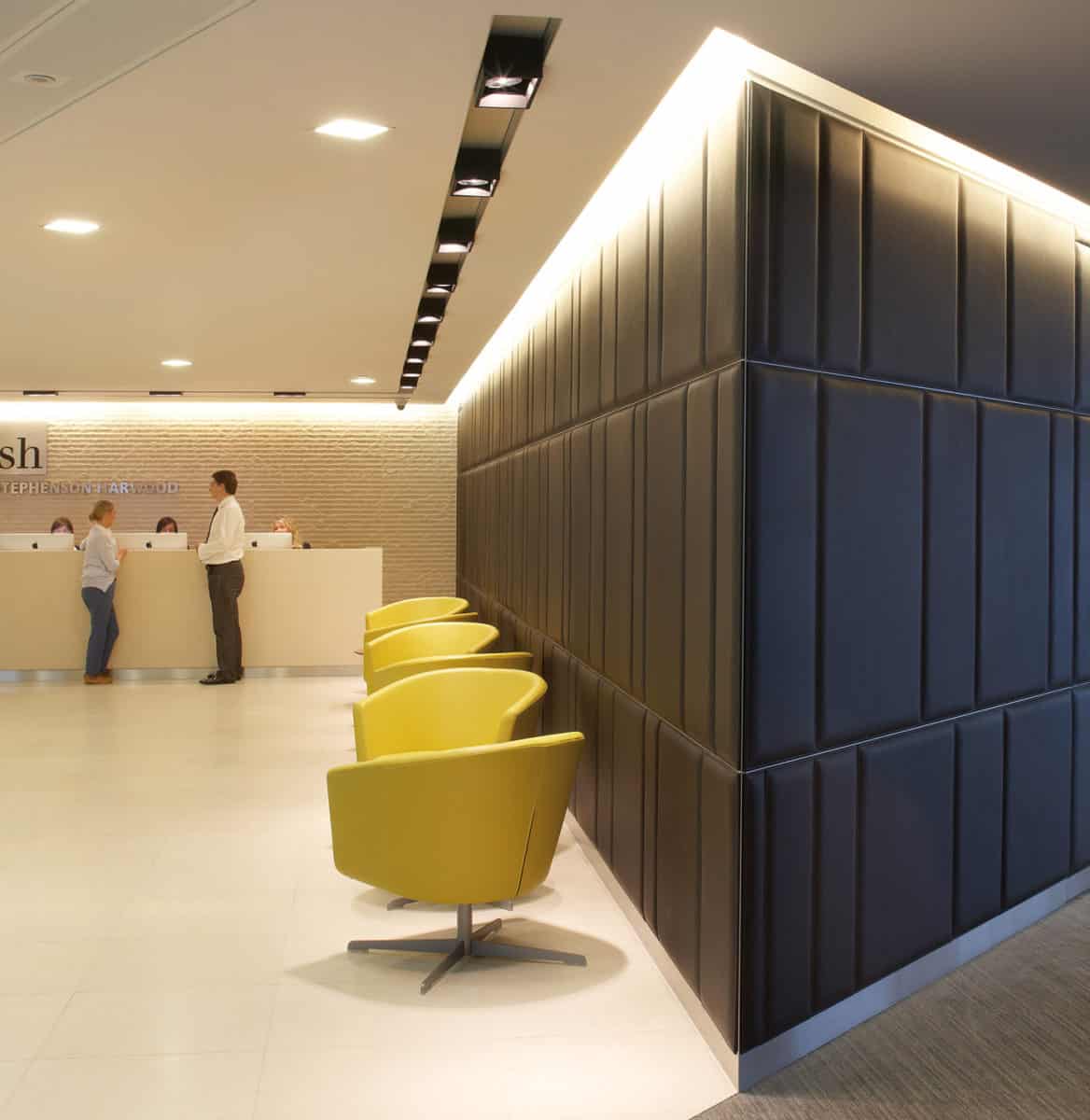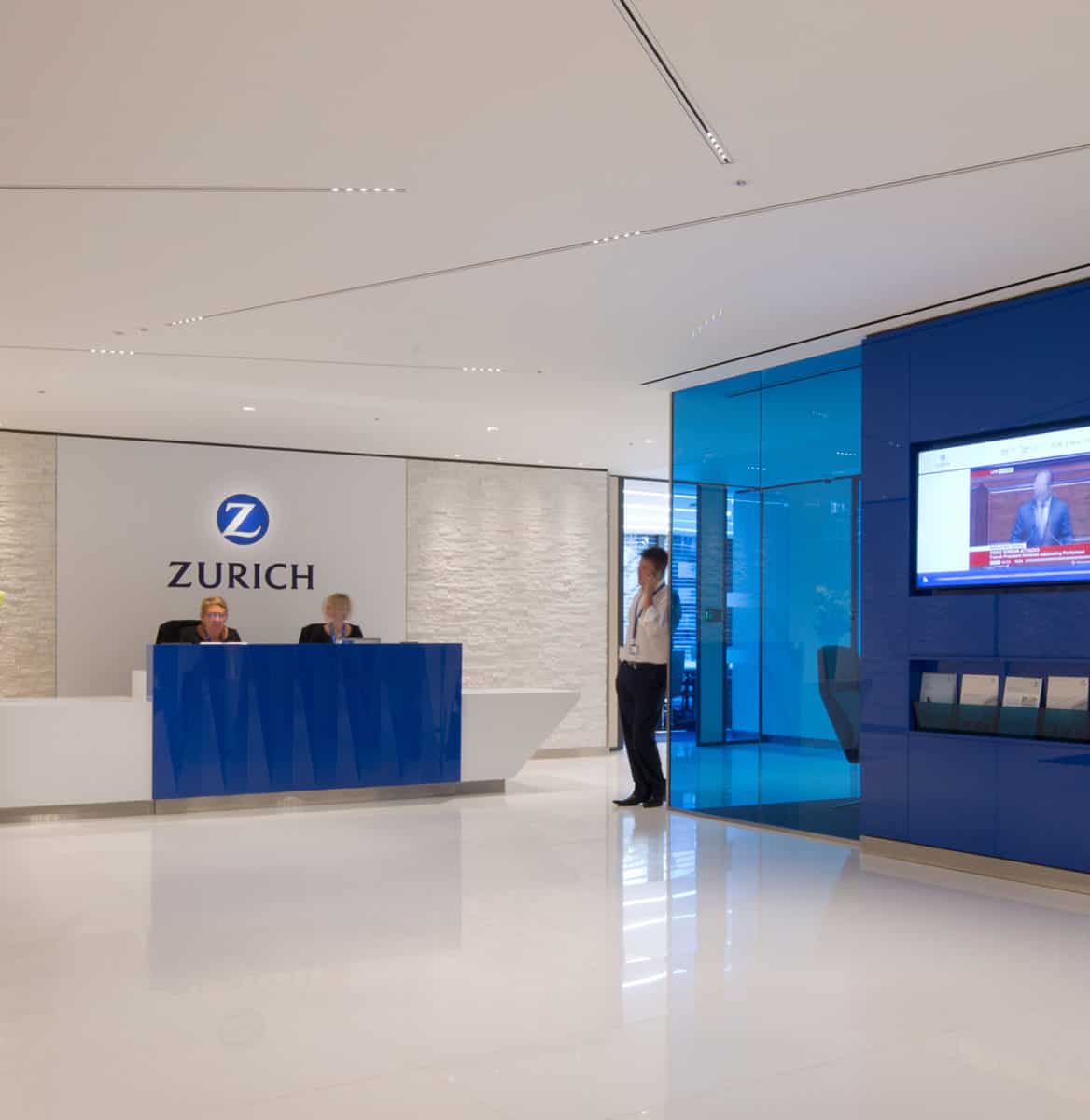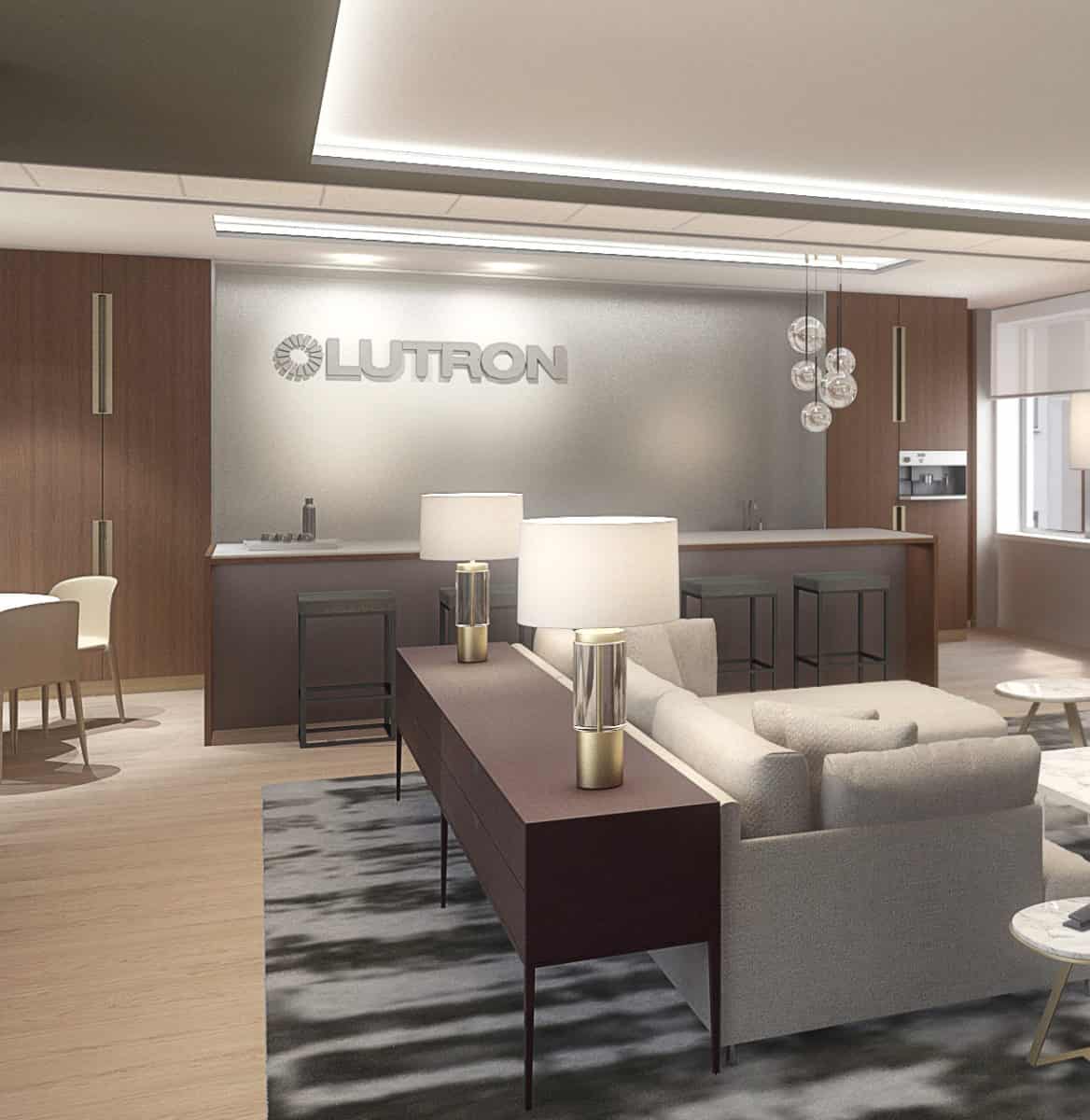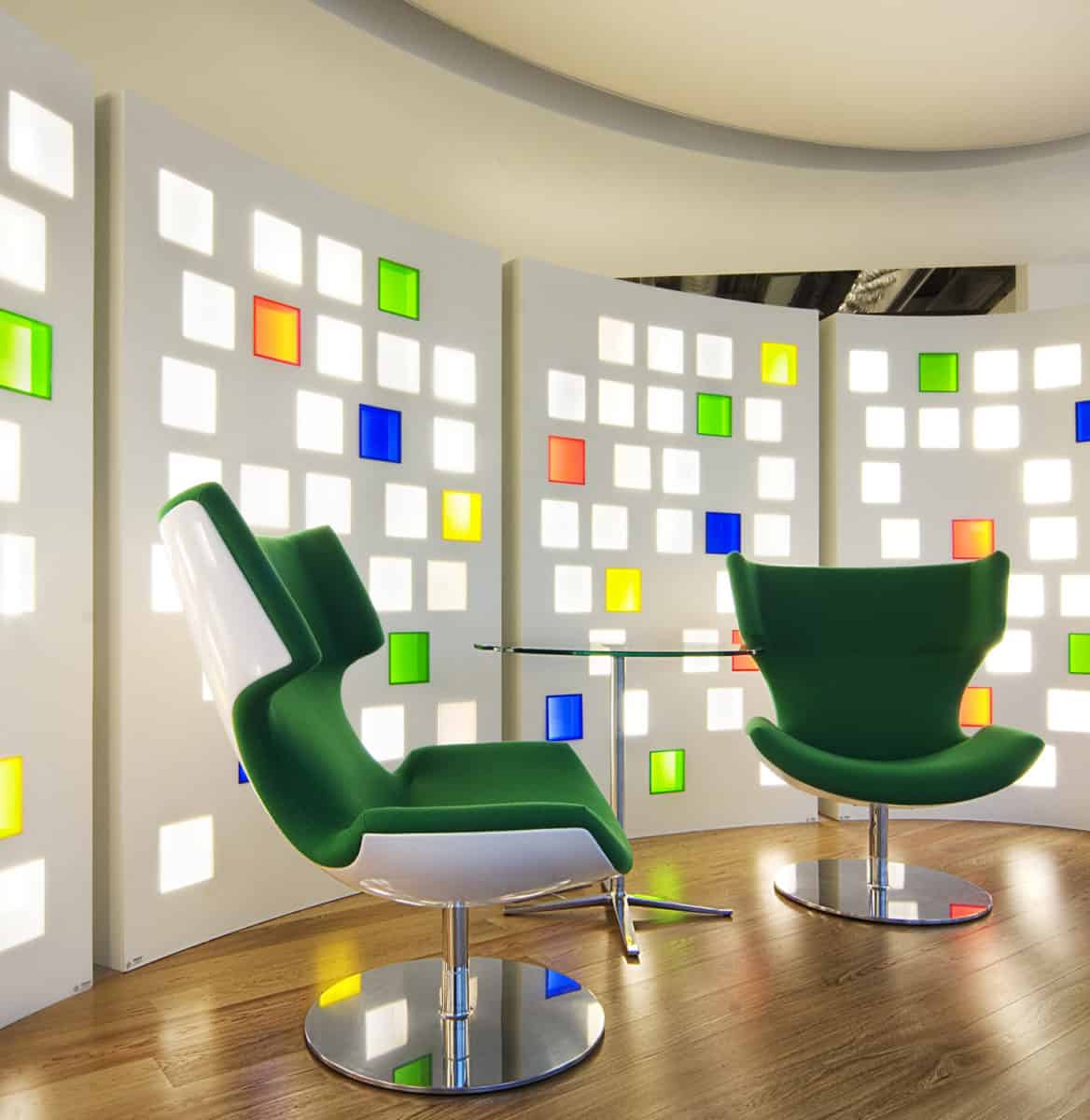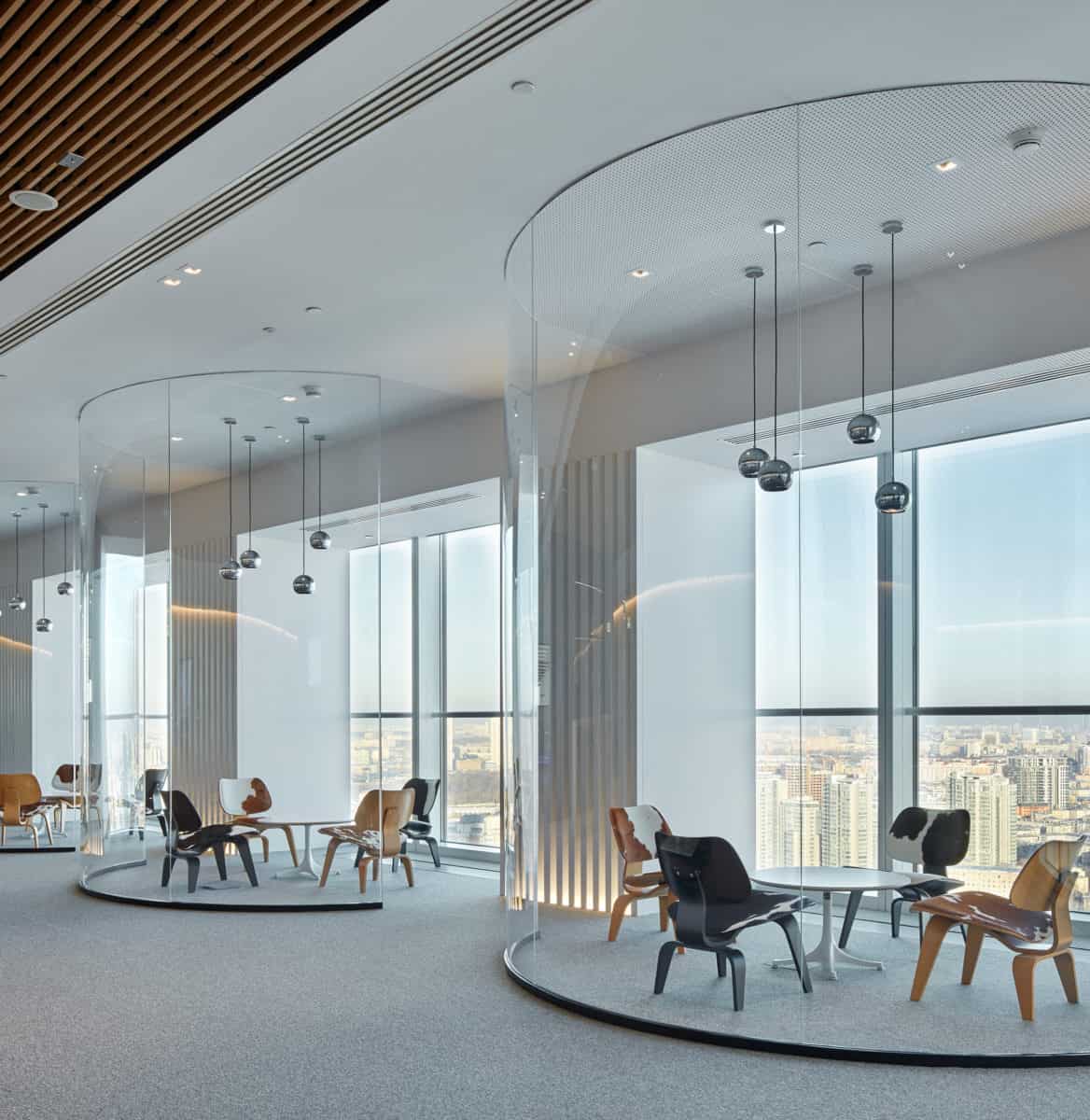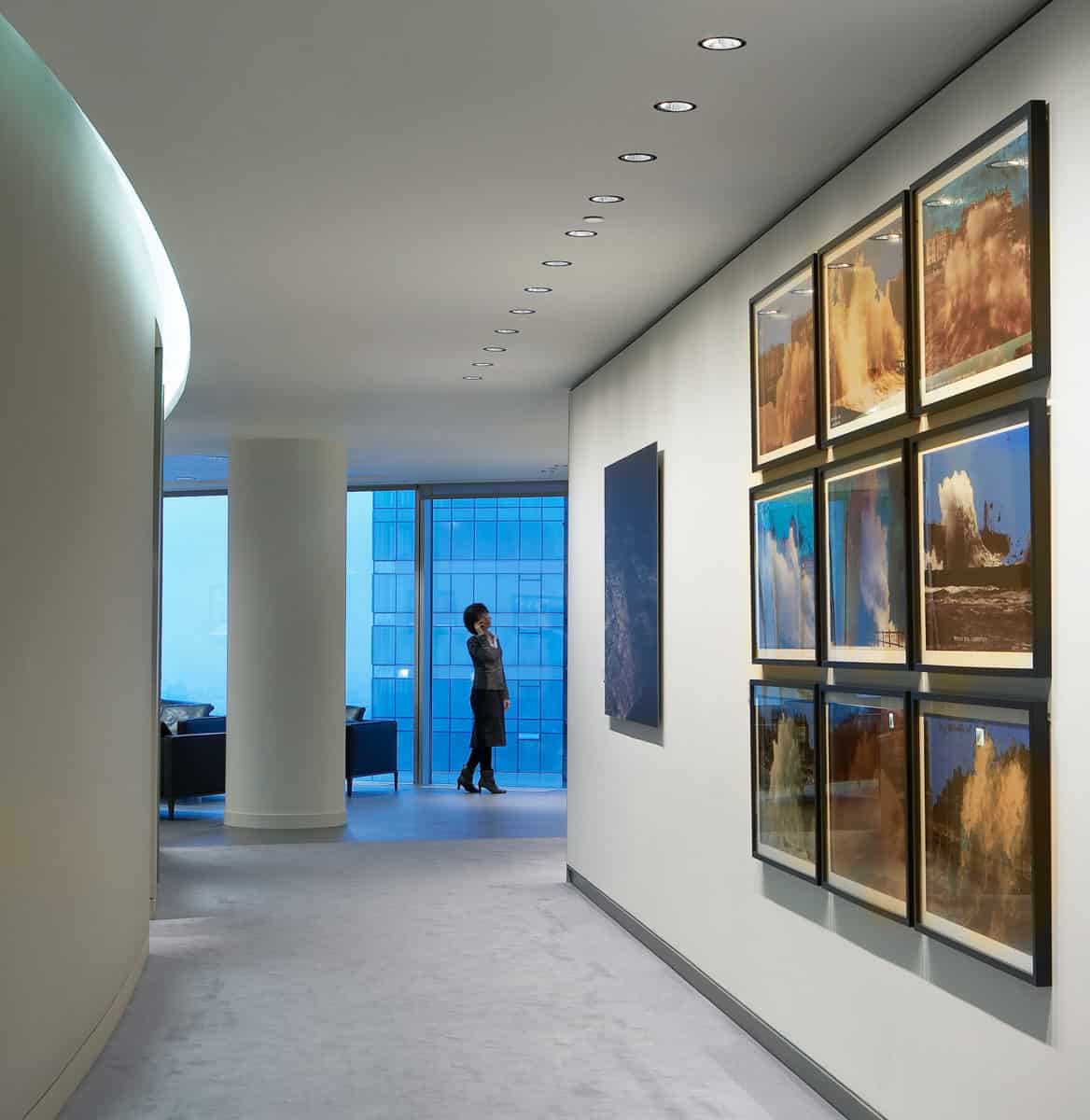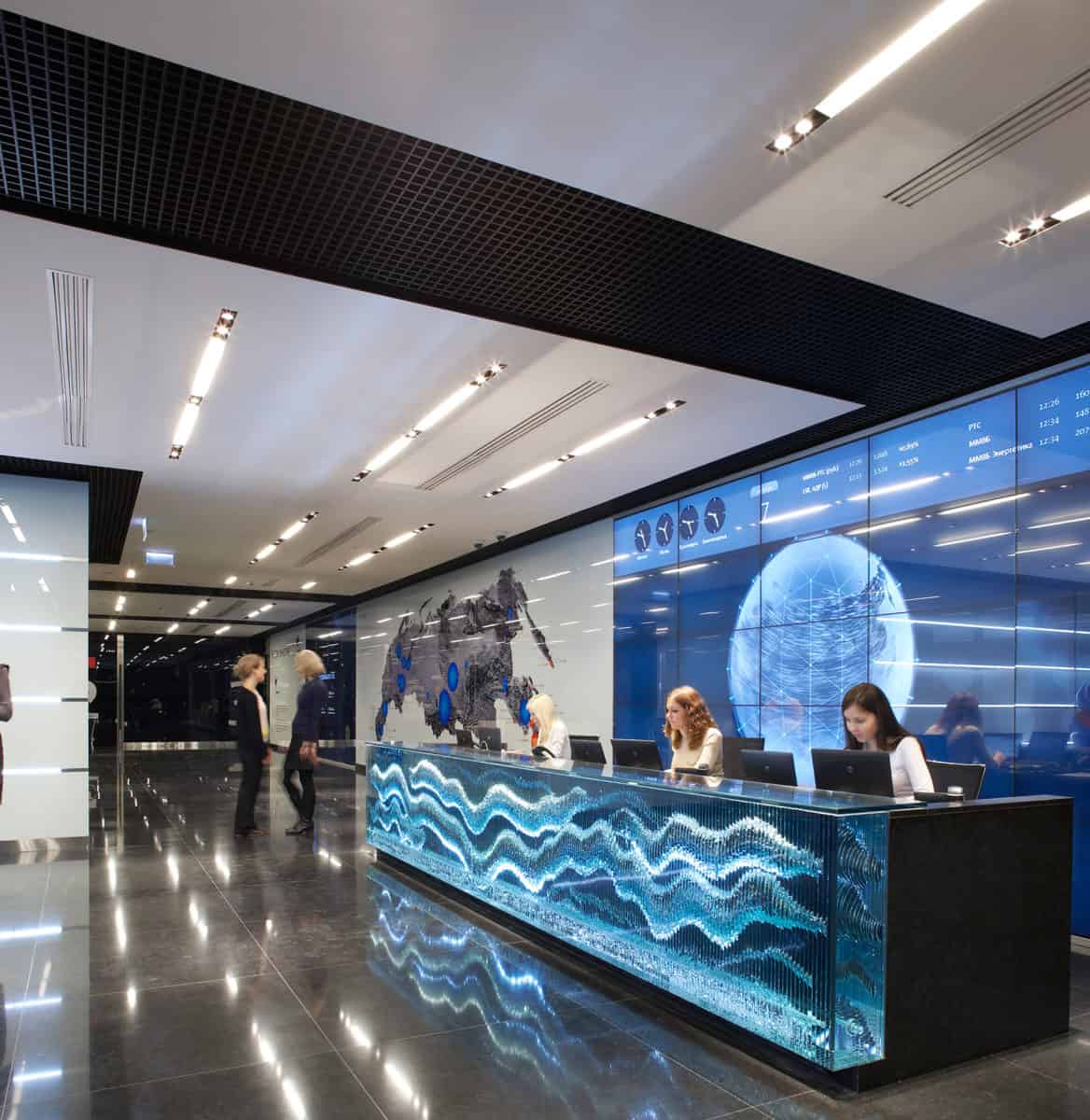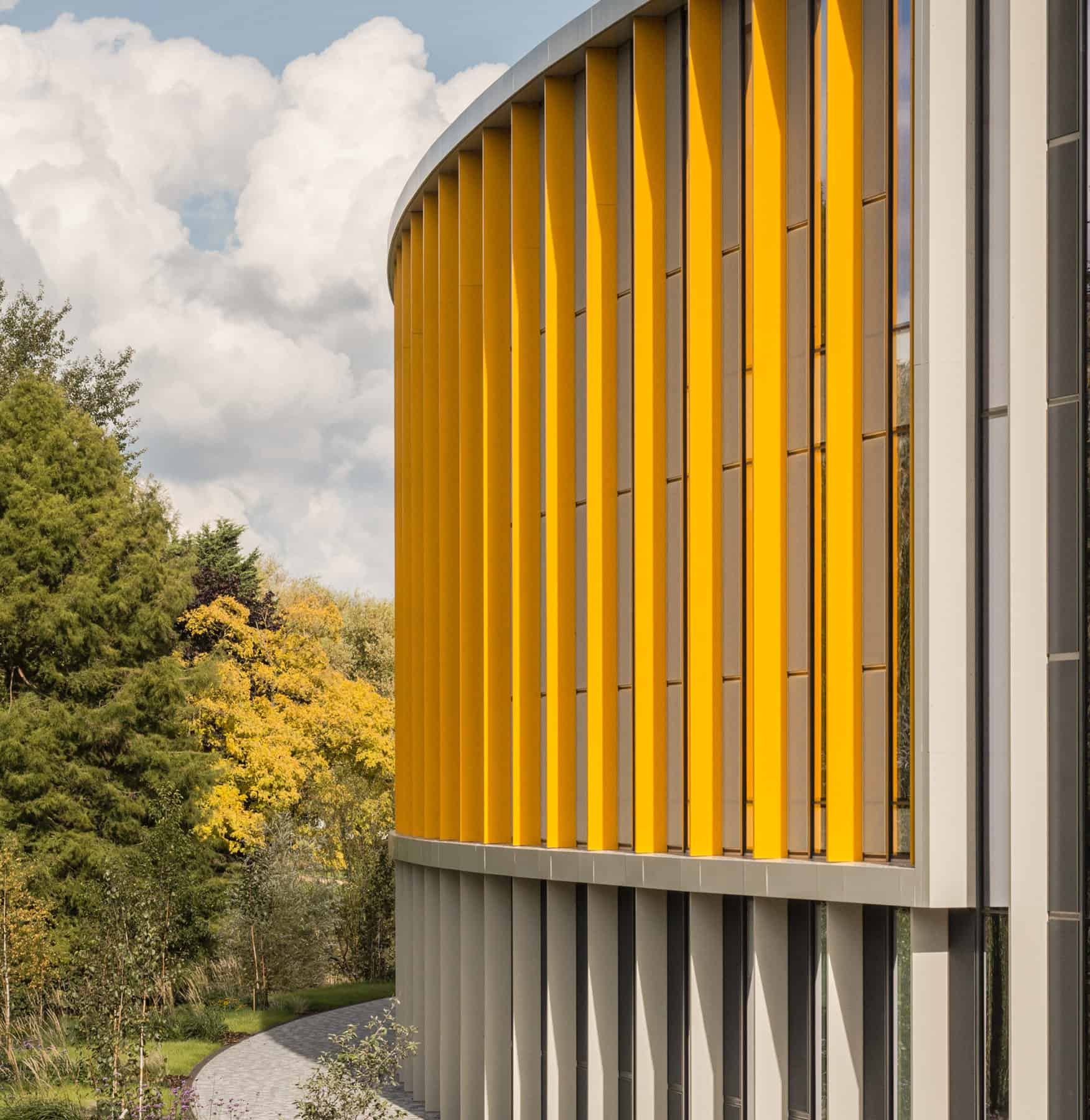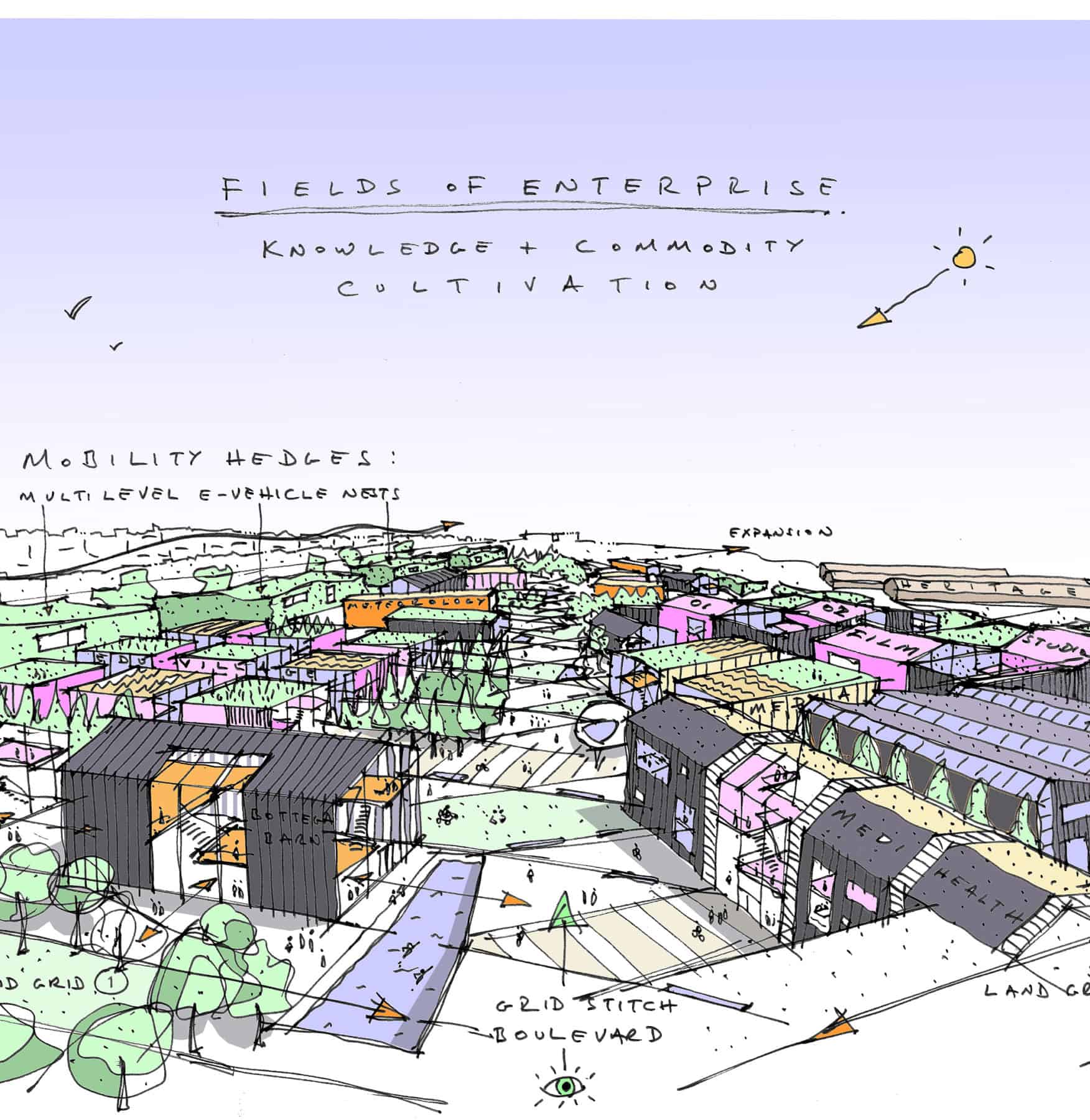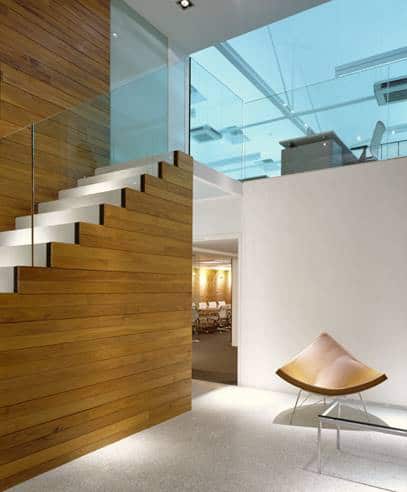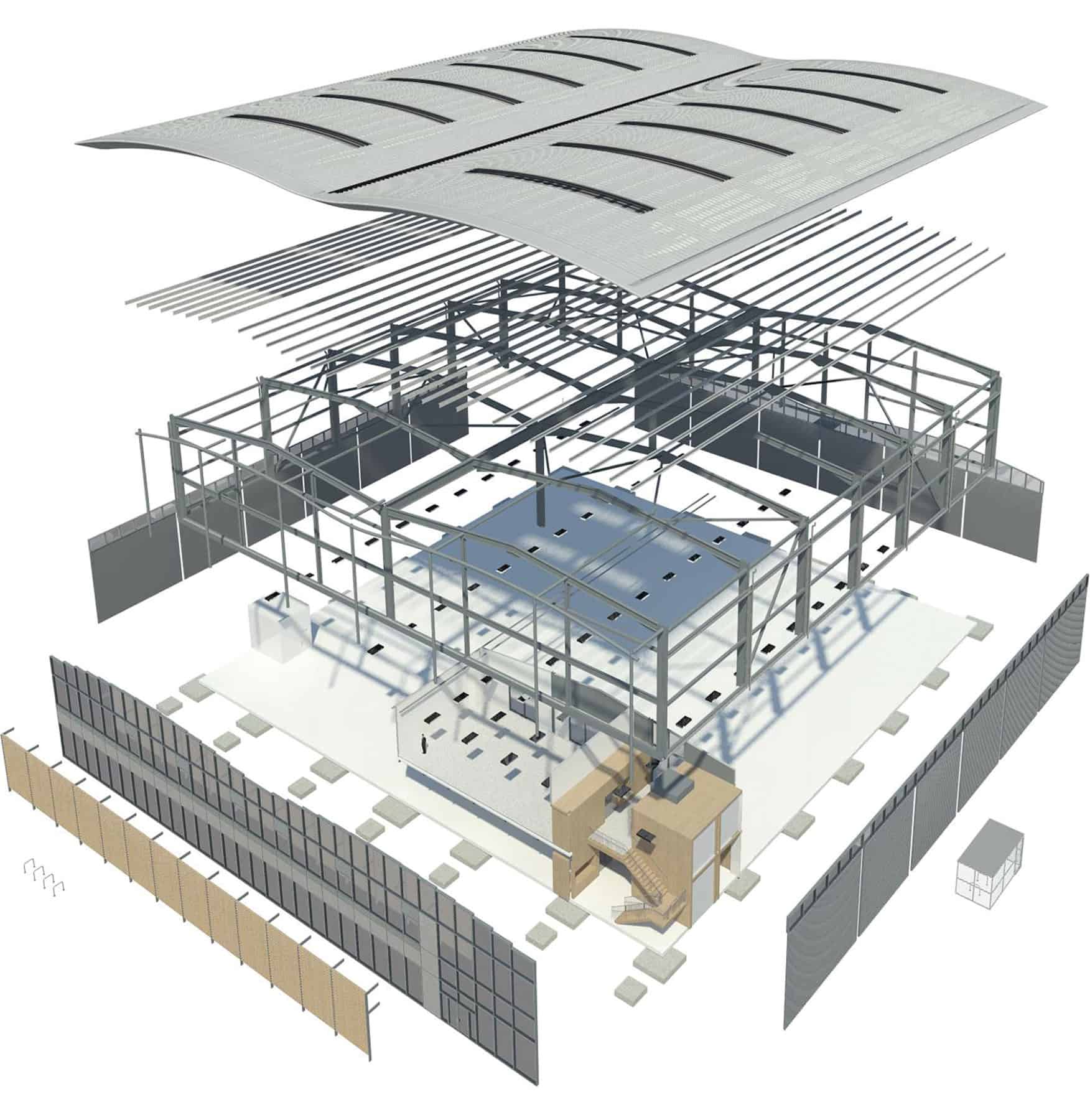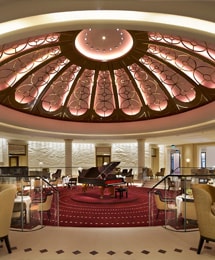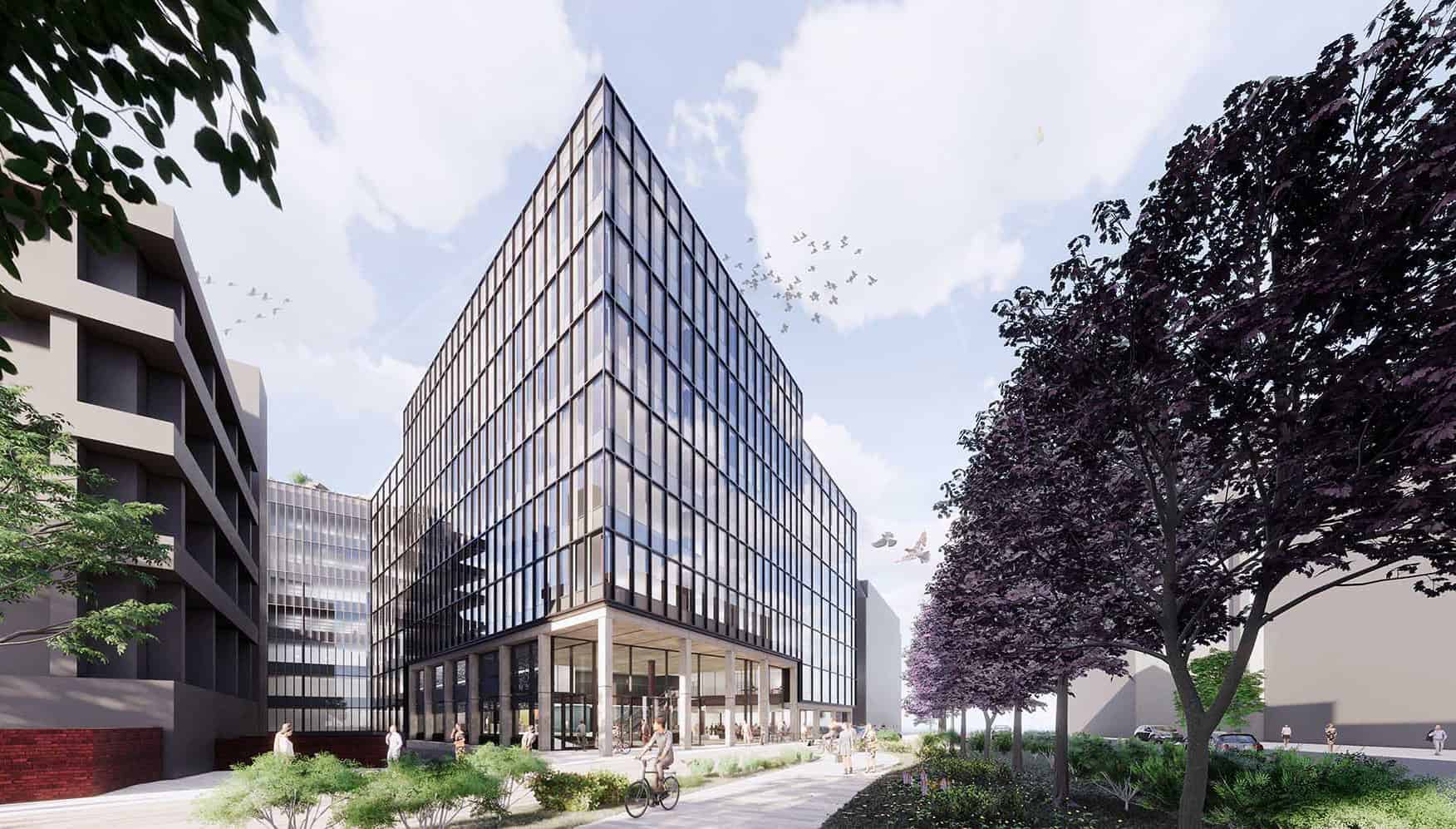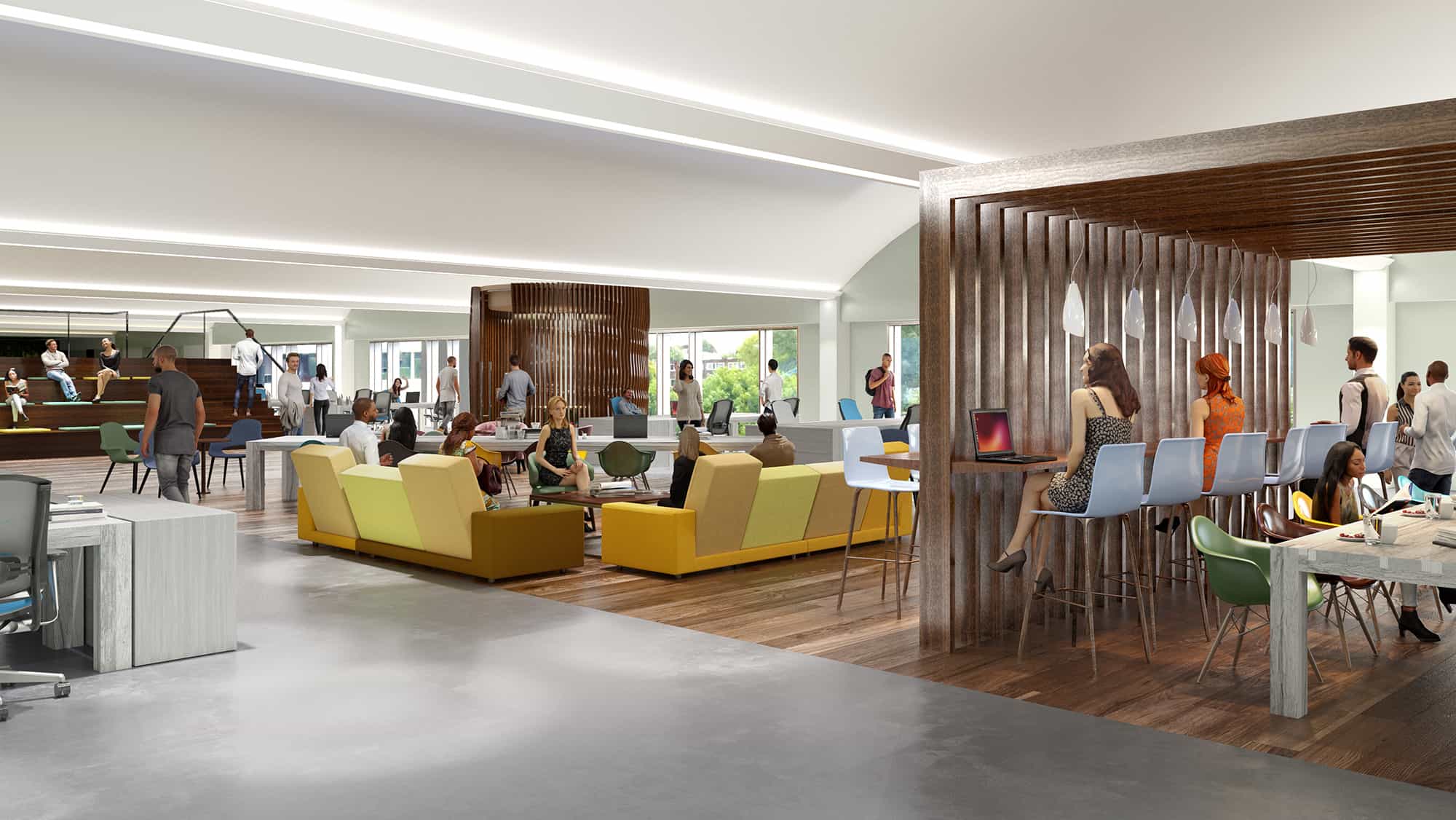People, as we know, are individuals and individuals have very differing physical, psychological and emotional attributes and needs. Each individual’s attributes and needs vary throughout each day, week, month and year. Yes, there are identified commonalities between and generalisations about groups of individuals that have been and will continue to be studied and written about by many but, ultimately, we are all individuals.
The success of any organisation depends on the ability of each and every individual to work effectively to the best of their ability for as much of their time as possible. Organisations function most effectively when their people are motivated and supported physically, psychologically and emotionally. It is commonly accepted that the ability of people to perform their work effectively and to enjoy social interaction in their provided or chosen environment is directly influenced by the design of that environment (plus the business systems, processes and support mechanisms provided by their employers).
If as designers we forget this then we’re in danger of creating problems that hinder effective working rather than solutions that support and enable it.
